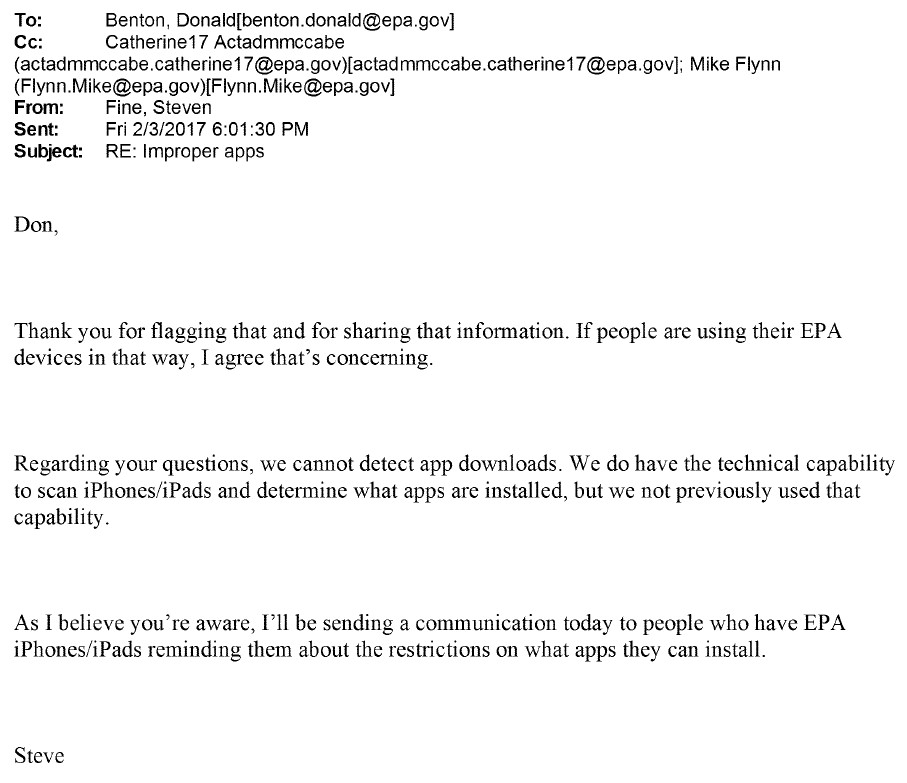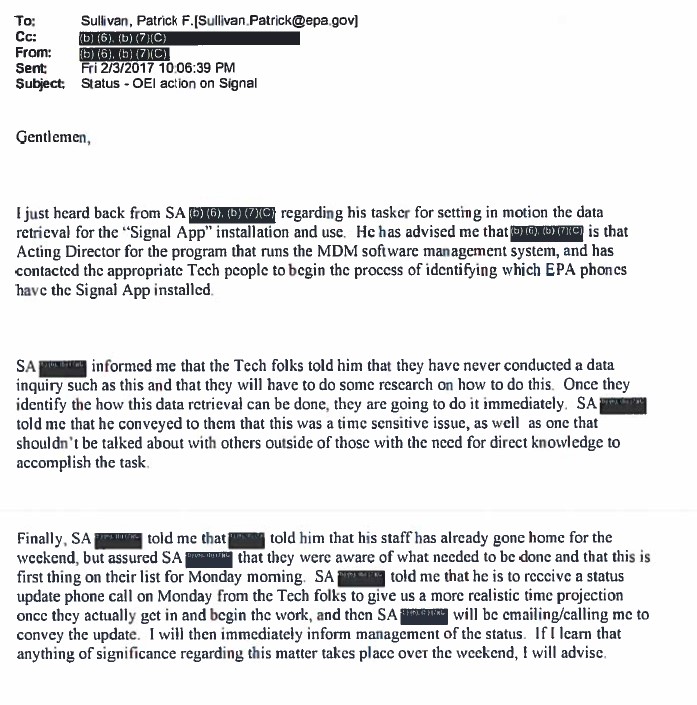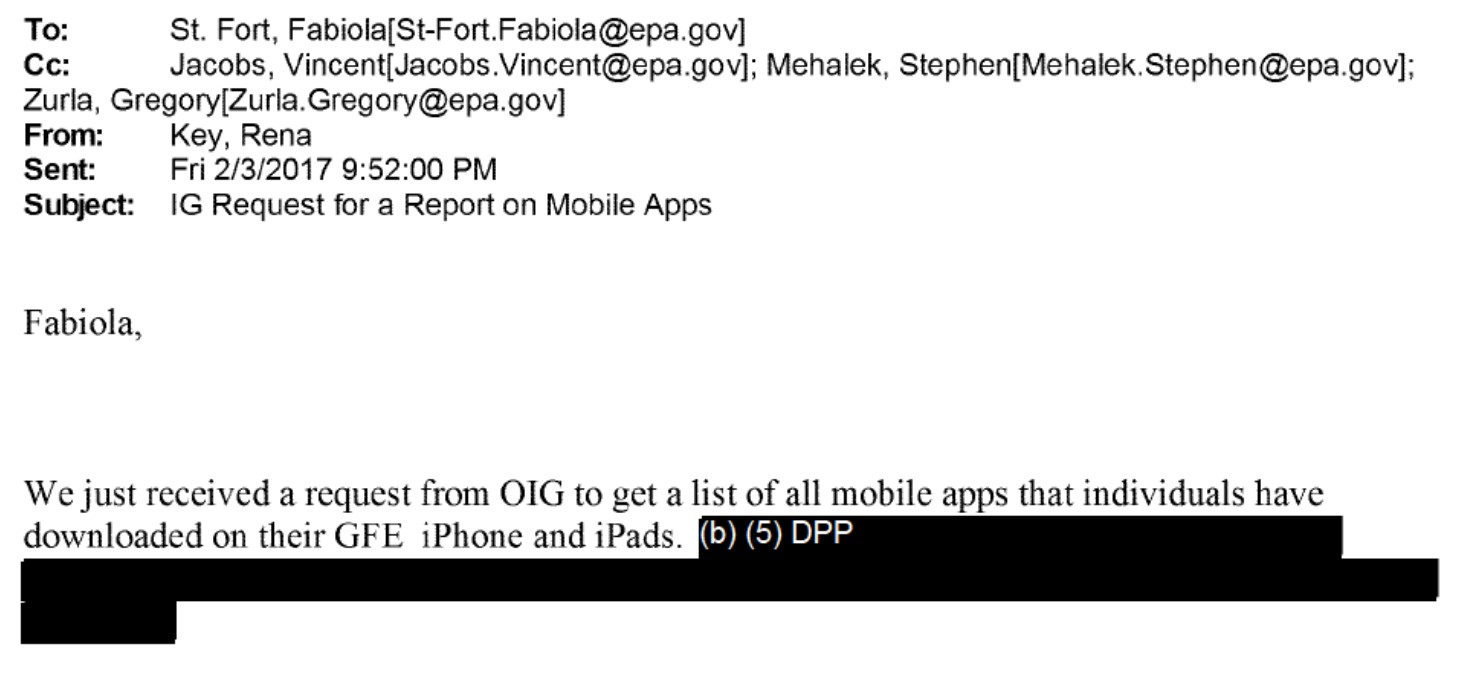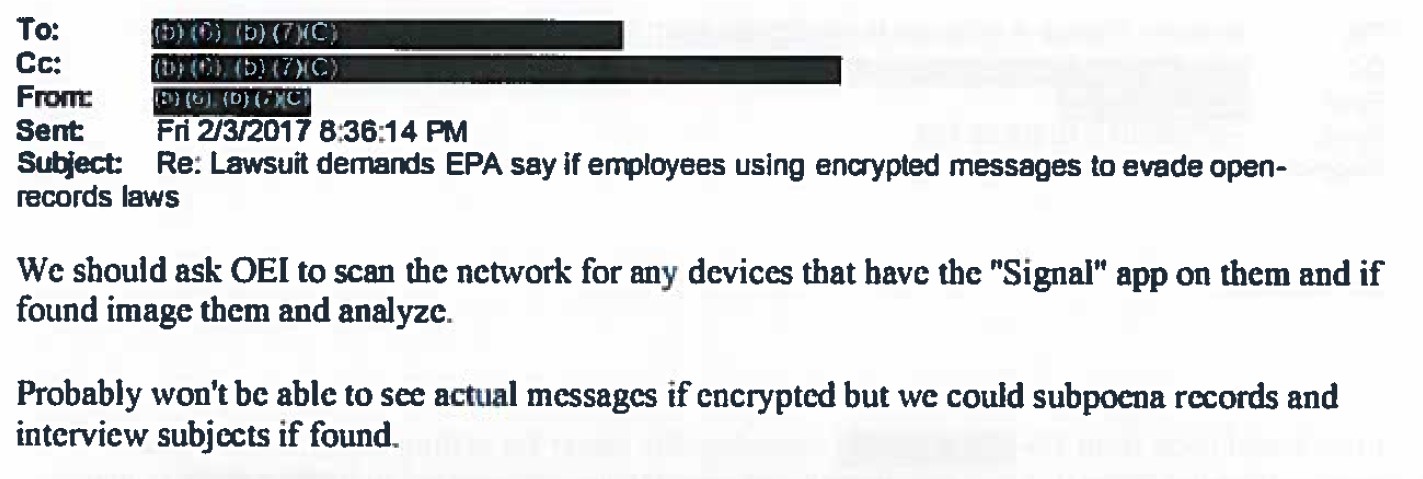Washington D.C. – Cause of Action Institute (“CoA Institute”) today filed a Freedom of Information Act (“FOIA”) request after media reports identified a number of career employees at the Consumer Financial Protection Bureau (“CFPB”) who use encrypted messaging apps to communicate about ways to resist changes under newly Trump-appointed acting director Mick Mulvaney. The group reportedly refers to itself as Dumbledore’s Army, a nod to a fictional resistance movement in the Harry Potter novels.
CoA Institute Counsel Eric Bolinder: “A number of CFPB employees are reportedly using encrypted apps on their phones to evade transparency laws and conceal their communications from oversight. Under the Federal Records Act, the CFPB has a legal obligation to preserve all records made by employees working on official government business. Congress and the public have a right to know if federal employees are intentionally evading transparency in order to resist changes under CFPB’s new leadership.”
A December 5, 2017 article by the New York Times reported that CFPB employees are communicating among themselves using encrypted messaging applications:
An atmosphere of intense anxiety has taken hold, several employees said. In some cases, conversations between staff that used to take place by phone or text now happen almost exclusively in person or through encrypted messaging apps.
It is unknown whether these employees discuss work-related issues using their CFPB-issued or personal devices. Under the Federal Records Act, the CFPB has a legal obligation to preserve records evidencing employees working on government business, no matter the medium of their communication.
CoA Institute’s FOIA seeks all records reflecting the number of CFPB devices on which encrypted messaging applications were installed, internal policy guidelines on the use of such apps, as well as the communications themselves and efforts by CFPB to recover and archive these messages. The FOIA also specifically requests all communications that contain the words “Dumbledore,” “Dumbledore’s Army,” “Snape,” “Voldemort,” and “He-who-shall-not-be-named,” among other records.
The full FOIA can be found here.
For information regarding this press release, please contact Zachary Kurz, Director of Communications at CoA Institute: zachary.kurz@causeofaction.org.







